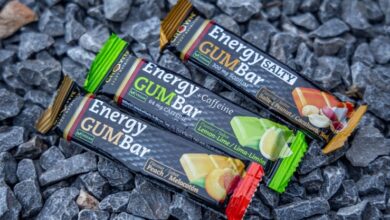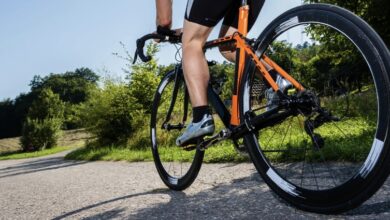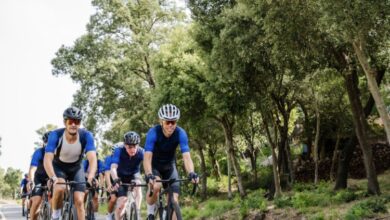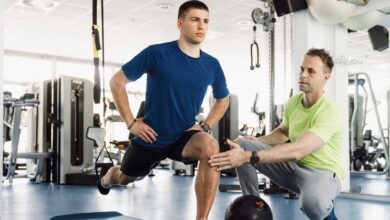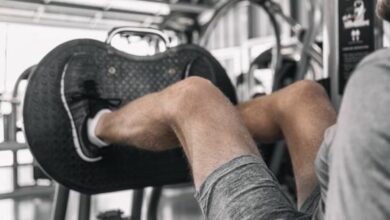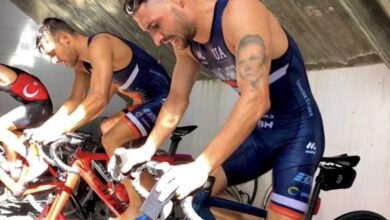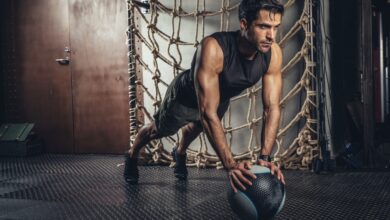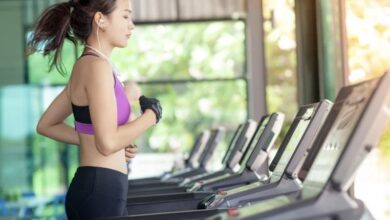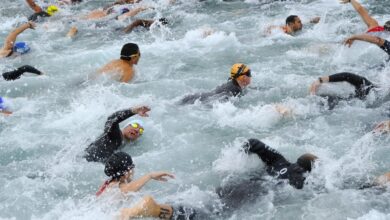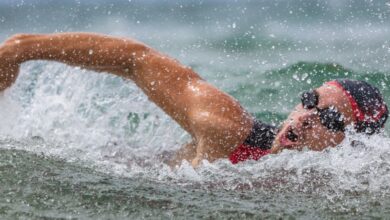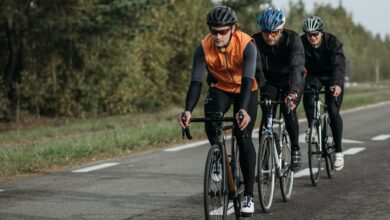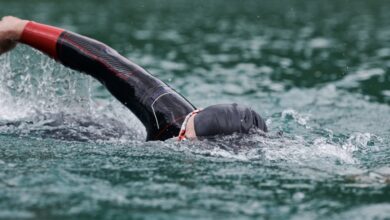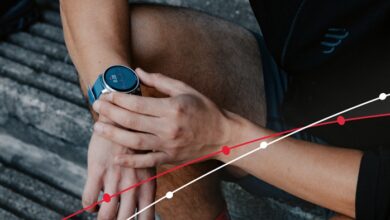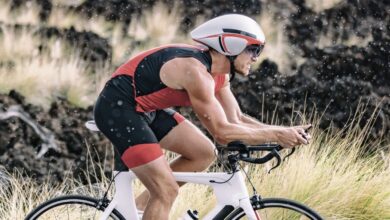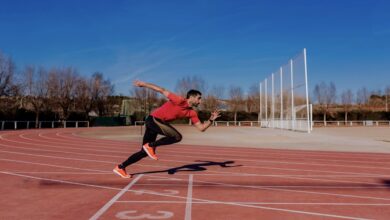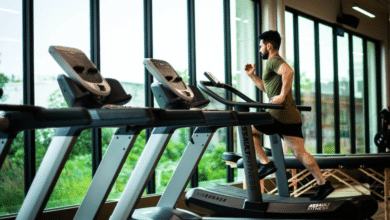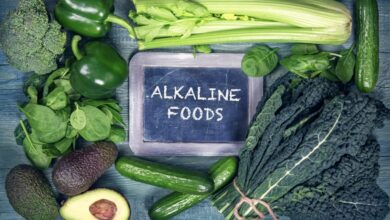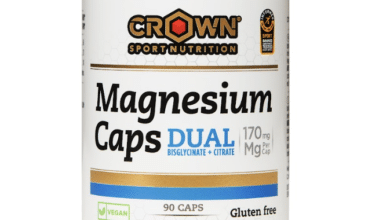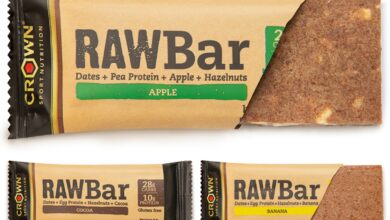What is better? drink coffee or caffeine in pills if we want to improve sports performance
A controlled dose of caffeine has been shown to improve athletic performance
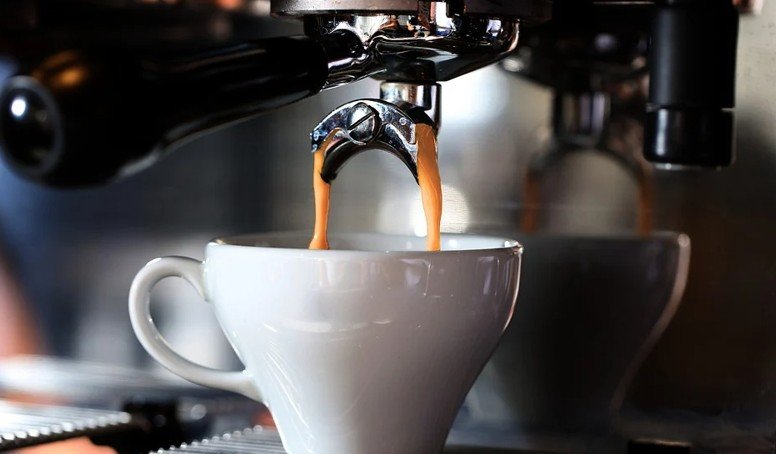
In this article, our collaborator in sports nutrition Crown Sport Nutrition from the hand of Pedro Valenzuela tells us in detail how improve our performance through caffeine intake.
It is known to all that drinking coffee you can ingest this substance, but from the point of view of sports performance, What is better to take caffeine in pills or with a coffee?
You can consult various articles published by Crown that will surely help you improve your athletic performance through nutrition.
Science is showing that caffeine has very positive effects on performance in sports and more and more studies continue to add to this evidence.
What science is saying
Increase power and reduce competition time
Proof of this is a meta-analysis published in the prestigious Sports Medicine magazine that included 46 studies.
The authors found that consumption of caffeine represents an increase in potency of around 3% in endurance tests and an improvement in the competition time around 2,2% consuming around 3-6 mg / kg body weight.
Although these percentages may not seem like a lot, in high-level athletes this can mean the difference between winning or being left out of the podium positions.
Also improves performance in strength
Another meta-analysis found that caffeine improves performance in both strength and power actions.
In these studies they found that they could increase the maximum weight lifted and the jumping capacity of the athletes.
Therefore, caffeine has been shown to be effective in enhancing performance in virtually any type of sport.
How is caffeine routinely taken to show its effectiveness?
In scientific studies caffeine is ingested through pills, to keep your dose under control, which is around 3 - 6 mg / kg body weight.
This would be about 210 - 420 mg of caffeine for a 70 kg athlete
And if I drink coffee, does it have the same effect?
Among popular athletes, caffeine intake is not usually done through pills, since they tend to drink several coffees a day.
From this fact, the question arose as to whether drinking coffee could have the same effect as taking caffeine in pills in isolation.
In a study led by Dr. Asker Jeukendrup the effects of taking 5 mg / kg of isolated caffeine and the same amount of caffeine, but based on coffee were compared with the effects of drinking decaffeinated coffee or a placebo.
For this, the performance of several athletes in a 45-minute cycling test was analyzed where the results showed that Both those who took caffeine in pills and in coffee improved their performance in a similar way, with an average of 5%.
These results show that, regardless of how caffeine is taken, performance is improved as long as the optimal intake doses are achieved.
And in practice, how much coffee should you drink?
Take caffeine in pills you can control the doses, but taking it through a coffee can be much more complicated.
To get an idea, one Nespresso capsule contains approximately 60 mg of caffeine, so it would take more than 3 or 4 capsules to reach the minimum amounts of caffeine that have been shown to be effective in scientific studies.
Keep in mind that this depends on the weight of the athlete.
The optimal amount of caffeine is 3-6 mg / kg, which would be about 210-420 mg for an athlete weighing 70 kg.
Another handicap is that not all brands of coffee have the same dose of caffeine, so it would be difficult to control the ideal amount to improve performance.
Although you can drink coffee and surely the improvement in performance is noticed, ingesting caffeine through a pill will give better results since the control of the dose is much greater.
References
Southward K, Rutherfurd-Markwick KJ, Ali A. The Effect of Acute Caffeine Ingestion on Endurance Performance: A Systematic Review and Meta – Analysis. Sport Med. 2018; 48 (8): 1913-1928. doi: 10.1007 / s40279-018-0939-8 Grgic J, Trexler ET, Lazinica B, Pedisic Z. Effects of caffeine intake on muscle strength and power: A systematic review and meta-analysis. J Int Soc Sports Nutr. 2018; 15 (1): 1-10. doi: 10.1186 / s12970-018-0216-0 Hodgson AB, Randell RK, Jeukendrup AE. The Metabolic and Performance Effects of Caffeine Compared to Coffee during Endurance Exercise. PLoS One. 2013; 8 (4). doi: 10.1371 / journal.pone.0059561 Fox GP, Wu A, Yiran L, Force L. Variation in caffeine concentration in single coffee beans. J Agric Food Chem. 2013; 61 (45): 10772-10778. doi: 10.1021 / jf4011388
Further information: https://crownsportnutrition.com/
There are no previous results.







